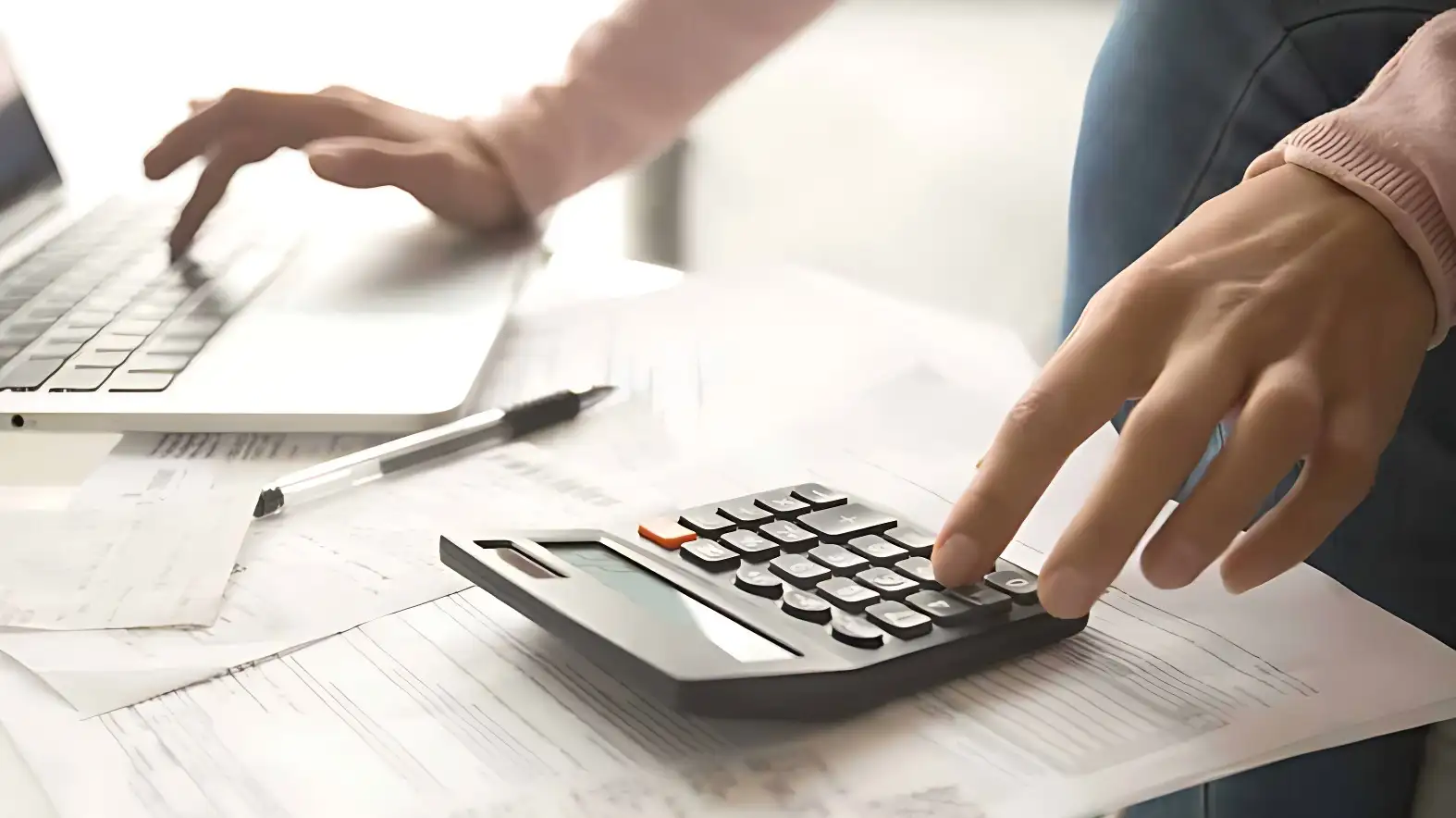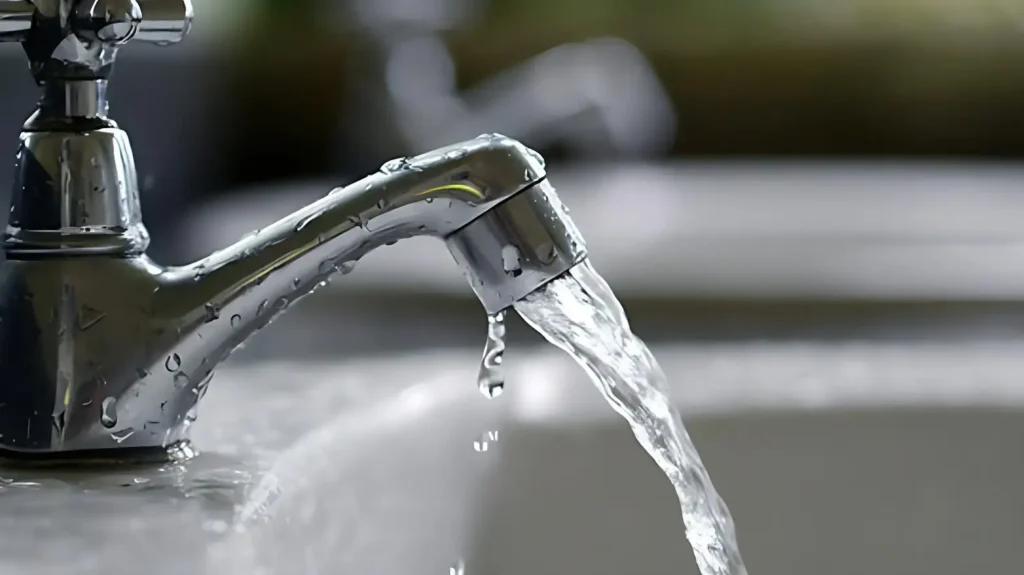The average water bill for a 1 bedroom apartment can vary greatly depending on several factors such as location, usage, and whether the apartment is individually metered or part of a larger building with shared water usage.
In this blog, we will explore the factors that contribute to the average water bill for a 1 bedroom apartment, as well as tips on how to save money on your water bill.
Whether you’re a renter or a homeowner, this information will help you better understand your water usage and costs.
What is the average water bill for 1 bedroom apartment?
In the United States, the average water bill for a 1 bedroom apartment can range from $25 to $60 per month.
However, in cities with higher costs of living, such as New York City or San Francisco, the average water bill can be significantly higher.

Additionally, the cost of water can also vary depending on usage. For example, if a tenant has a large number of guests or frequently runs the dishwasher or washing machine, the water bill may be higher.
Conversely, if a tenant is conscientious about their water usage and takes steps to conserve water, the bill may be lower.
It is important to note that in some cases, the water bill may be included in the rent or a tenant’s utility fee, which means the tenant will not have to pay a separate water bill.
So, the average water bill for a 1 bedroom apartment can range from $25 to $60 per month but can vary greatly depending on location, usage, and whether the apartment is individually metered or part of a larger building with shared water usage.
What are the factors that affect the average water bill for 1 bedroom apartment?
The average water bill for a 1 bedroom apartment can vary depending on a number of factors, including the location of the apartment, the size of the apartment, and the usage habits of the residents:
1. Size of the apartment:
The size of the apartment plays a significant role in determining the average water bill.
Larger apartments typically have higher water bills as they have more appliances, fixtures, and plumbing that require water.
2. Number of occupants:
The number of people living in the apartment will also affect the water bill. More occupants mean more water used for cooking, cleaning, and personal hygiene.
3. Type of appliances:
The type and number of appliances in the apartment can also affect the water bill.
High-efficiency appliances such as low-flow toilets and showerheads can help reduce water usage and lower the bill.
4. Water usage habits:

The water usage habits of the occupants can also affect the water bill.
Taking shorter showers, turning off the water when brushing teeth, and fixing leaks can all help reduce water usage and lower the bill.
5. Location:
The location of the apartment can also affect the water bill. Areas with higher water rates or a higher cost of living may have higher water bills than other areas.
6. Season:
The season can also affect the water bill, as during summer and spring, people tend to use more water for gardening and outdoor activities.
7. Additional amenities:
Some apartments may have additional amenities such as a swimming pool or spa that can increase the water bill.
8. Billing cycle:
The billing cycle can also affect the water bill. Some apartments may have a monthly billing cycle, while others may have a quarterly or bi-annual billing cycle.
Overall, the average water bill for a 1 bedroom apartment will depend on a combination of these factors.
It is important for occupants to be aware of their water usage and take steps to reduce it in order to lower their water bill.
How To Reduce The Average Water Bill For 1 Bedroom Apartment?

There are several ways to reduce the average water bill for a 1 bedroom apartment. These include:
1. Fixing leaks:
Leaks can be a major contributor to high water bills. Check for leaks in faucets, toilets, and showerheads, and fix them as soon as possible.
2. Installing low-flow fixtures:
Replacing old fixtures with low-flow versions can help to reduce the amount of water used, and thus lower the bill.
3. Taking shorter showers:
Showering is one of the biggest uses of water in a home. By taking shorter showers, you can reduce the amount of water used and lower your bill.
4. Using a water-efficient washing machine:
Washing machines use a lot of water, so using a water-efficient model can help to reduce your bill.
5. Collecting and reusing greywater:
Greywater is water that is used for tasks like washing dishes or clothes.
By collecting this water and reusing it for tasks like watering plants, you can reduce the amount of water used and lower your bill.
6. Turning off when not in use:
When brushing your teeth, shaving, or washing dishes, turn off the water when not in use. This will help to reduce the amount of water used and lower your bill.
7. Using a low-flow toilet:
Toilets use a lot of water, so using a low-flow toilet can help to reduce your bill.
8. Washing only full loads of laundry:
Running the washing machine with only a few items can waste a lot of water. So, it’s better to wait until you have a full load before washing clothes.
By implementing these strategies, you can reduce the average water bill for a 1 bedroom apartment and save money on your utility bills.
FAQs
1. How Much Does The Average Water Bill For A 1 Bedroom Apartment Cost?
The average water bill for a 1 bedroom apartment can vary depending on a number of factors, such as location, usage, and the number of people living in the apartment.
However, on average, the water bill for a 1 bedroom apartment can range from $25 to $50 per month.
2. What Factors Affect The Cost Of My Water Bill?
There are a number of factors that can affect the cost of your water bill, including your location, the number of people living in the apartment, and your water usage.
Factors such as the type of appliances and fixtures in your apartment, as well as any leaks or other issues that may be present, can also affect the cost of your water bill.
3. How can I reduce my water bill?
There are a number of ways to reduce your water bill, including reducing your water usage, fixing any leaks or other issues in your apartment, and installing water-efficient appliances and fixtures.
Additionally, you can look into programs or rebates offered by your local utility company that may help to lower your water bill.
4. What If My Water Bill Is Unexpectedly High?
If your water bill is unexpectedly high, it may be a good idea to check for leaks or other issues in your apartment.
Additionally, you can contact your local utility company to inquire about any billing or usage errors that may have occurred.
5. Can I Negotiate My Water Bill With My Landlord?
In some cases, you may be able to negotiate your water bill with your landlord, especially if you can demonstrate that you are taking steps to reduce your water usage or if there are issues with the apartment that are contributing to a higher water bill.
However, it is important to understand that many landlords have contracts with utility companies and may not be able to negotiate the cost of your water bill.
Conclusion
The average water bill for a 1 bedroom apartment can vary greatly depending on location, usage, and the specific water company.
However, on average, a 1 bedroom apartment can expect to pay around $40 to $60 per month for their water bill.
It is important to note that this is just an estimate and actual costs may vary.
To ensure that you are not overpaying for your water bill, it is recommended to regularly check your water usage, report any leaks or faulty appliances, and compare prices with other water companies in your area.
